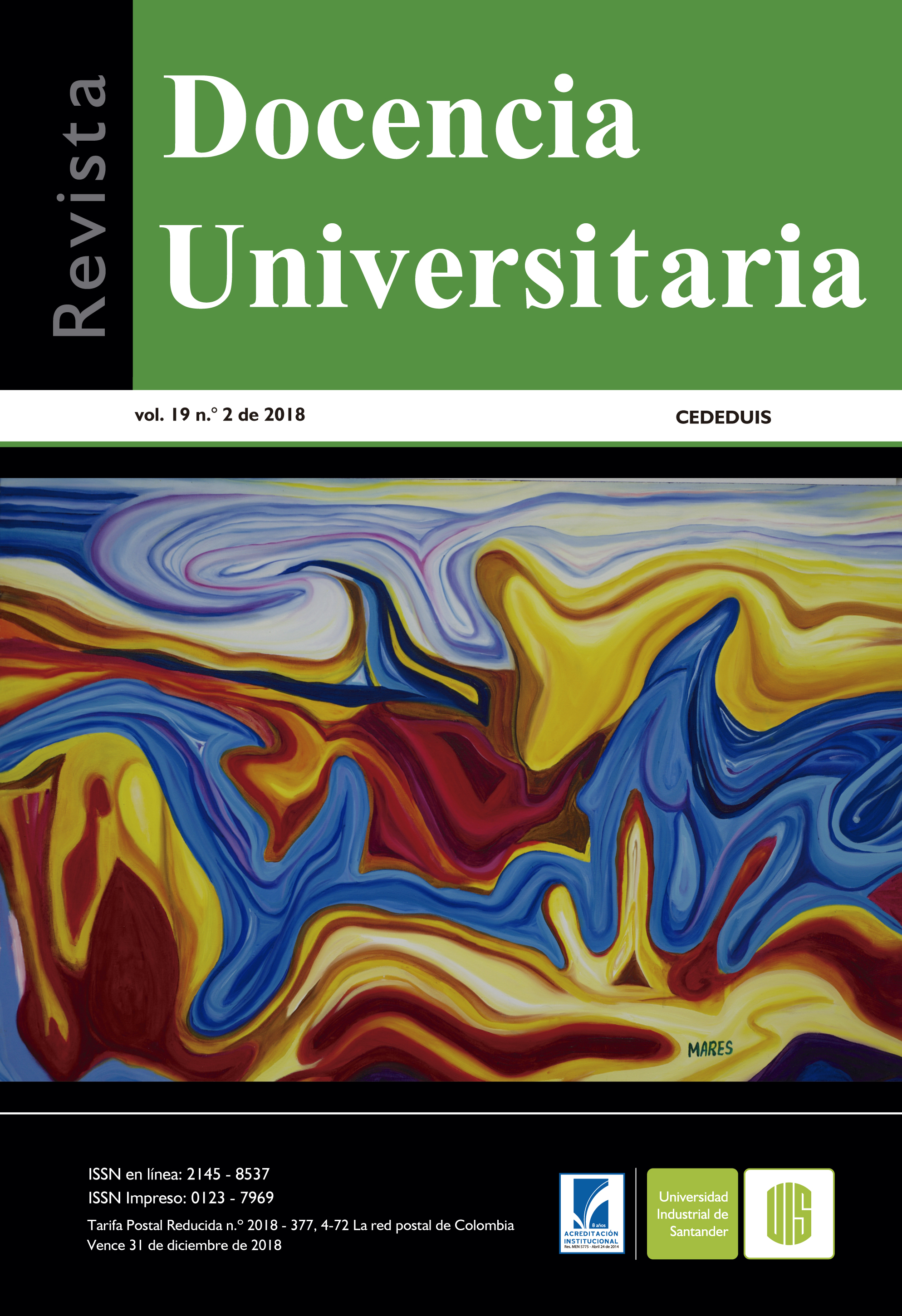The online education as a strategy of the Administrative and Economic Sciences School of Unimonserrate: a space to know and learn
Published 2018-12-28
Keywords
- knowledge,
- teaching,
- training,
- guidance,
- methodology
How to Cite
Abstract
Throughout the curriculum development of the Administration and Finance program, it has been set up the guidance as a key strategy to instruct the students who will graduate in the near future. This procedure has led to establish the advantages and disadvantages within a blended-education process, where the classroom activities are combined with the virtual learning environments. Such blended-learning approach has allowed both students to access information that is related to their interests, and teachers to direct the educational process by managing that information the students possess.
This reciprocal cycle of education takes on the way all the members of the virtual community to become integrated with each other in the teaching and learning process. The methodology of this study was based on the Participant Observation qualitative approach; the research problem, the data collection, their analysis, and the results interpretation were all defined into two academic moments of the Administrative Science faculty and two academic moments of the Environmental Science faculty.
Downloads
References
Martí, J. (2009). Aprendizaje mezclado (B-Learning) Modalidad de formación de profesionales. Revista Universidad EAFIT, 45 (154) ,70 - 77
Silva, J. (2010). El rol del tutor en los entornos virtuales de aprendizaje. Revista Innovación Educativa, 10(52) ,13-23.
Sánchez, O., García,S., & Grosso, E. (2014). La plataforma virtual como herramienta didáctica dinamiza la lectura y la escritura. Recuperado de: https://revistas.udistrital.edu.co/ojs/index. php/vinculos/article/view/8025/9897
Turpo, O. (2012). La modalidad educativa Blended Learning en las universidades de Iberoamérica: Análisis y perspectivas de desarrollo. Revista Educ, 48(1). 123 -147
UNESCO (S.f). Las TIC en la educación. Recuperado de: https:// es.unesco.org/themes/tic-educacion
Unimonserrate (2018). MB - AD107 F5054 - Mercadeo y consumo responsable - Mercadeo y desarrollo de productos - 2018-2. Recuperado de: http://campusvirtual.unimonserrate.edu.co/ moodle/course/view.php?id=503
Valverde, L. (2009). Profesores autorregulados. Diseño y validación de una interfase autorregulatoria. Revista mexicana de investigación educativa, 43(14) ,1219- 1248.
Vera, F. (2008). La modalidad blended-learning en la educación superior. Recuperado de: http://www.utemvirtual.cl/nodoeducativo/wpcontent/uploads/2009/03/fvera_2.pdf

